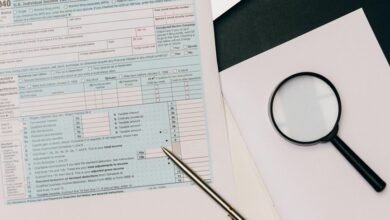
Signal Compliance and Verification Unit 7072713804 8053877471 7022082411 3093267642 9192751394 6147296074
In today’s rapidly evolving technological landscape, understanding the role of the Signal Compliance and Verification Unit, such as 7072713804, is essential for maintaining industry standards. This unit’s meticulous audits and regulatory adherence not only bolster operational integrity but also protect consumer interests. As businesses navigate the complexities of compliance, the implications of these regulatory practices can significantly influence market dynamics. What challenges arise when balancing innovation with these stringent requirements?
Overview of Signal Compliance and Verification Units
As organizations increasingly rely on complex signaling systems, understanding the role of Signal Compliance and Verification Units becomes essential.
These units ensure signal integrity by rigorously assessing compliance with regulatory standards.
You’ll find that their work not only safeguards operational efficacy but also upholds the freedom to innovate within the confines of necessary regulations, fostering a balance between creativity and compliance.
Key Functions and Responsibilities
Signal Compliance and Verification Units perform a range of key functions that are vital to maintaining the integrity of signaling systems.
You’ll ensure adherence to regulatory standards through meticulous compliance audits, identifying discrepancies and recommending corrective actions.
Challenges in Signal Compliance
While ensuring compliance with signaling standards is essential, various challenges can hinder effective oversight.
You might face regulatory hurdles that complicate the verification process, impacting signal integrity.
Additionally, the rapid evolution of technology demands constant adaptation, making it difficult to maintain compliance.
Balancing these factors requires a proactive approach to navigate complexities while striving for optimal performance and adherence to regulations.
Impact on Businesses and Consumers
When businesses fail to meet signal compliance standards, they risk not only regulatory penalties but also reputational damage that can affect consumer trust.
This erosion of trust can disrupt business operations, as consumers may choose to disengage from non-compliant businesses.
Ultimately, maintaining compliance is essential for fostering positive relationships with consumers, ensuring long-term success, and safeguarding the integrity of the marketplace.
Conclusion
As you navigate the intricate landscape of signal compliance, you realize the stakes are higher than ever. The continued evolution of technology poses both opportunities and threats, leaving you to ponder: will the Signal Compliance and Verification Unit rise to the challenge? Their role in safeguarding integrity is undeniable, yet the ever-shifting regulatory environment looms large. In this delicate balance between innovation and compliance, the question remains—can trust be maintained, or will the fabric of operational efficacy unravel?




